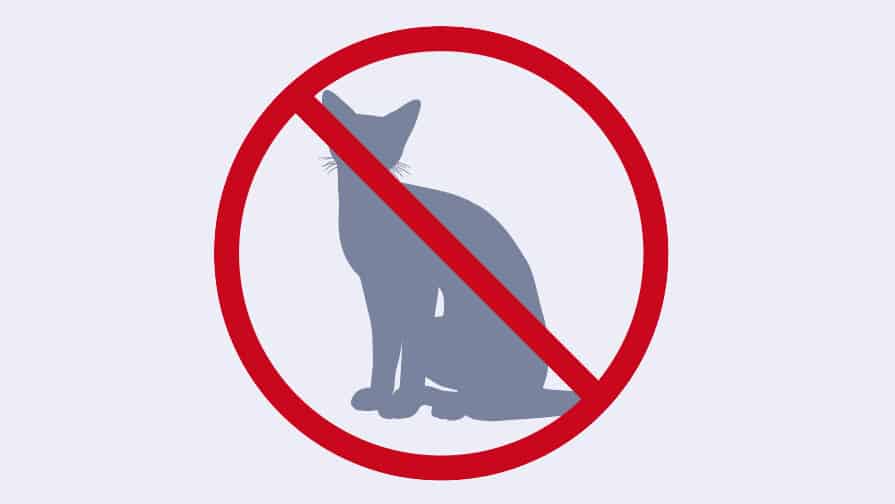Robert P Crease reveals what Physics World readers told him about whether we should airbrush out physicists who’ve done bad things in the past – and what he thinks

Strike Einstein’s name from his work! Smash Eddington’s plaques! Don’t call it “Schrödinger’s cat” but “Chief mouser”! These were some of the sarcastic and angry reactions to my recent column, in which I discussed whether one should remove titles and tributes given to scientists of the past who are now said to have behaved in an inappropriate fashion. Nearly all respondents opposed such removals, though for different reasons.
The most common argument against axing someone’s name is that scientists’ contributions have nothing to do with their character. As Paul Greer, a school lab technician, put it to me: “Nobody looks to Heisenberg or Newton for advice on being a decent human being any more than we look to the Dalai Lama for a breakthrough on quantum gravity. I wouldn’t advocate employing Schrödinger to teach in schools after learning of his sexual misconduct. But that is different from associating his name with a thing that he did.”
Italo Vecchi, a former mathematician, was more blunt. “Stop succumbing to the moral panic,” he wrote. “Assholes can be great scientists.”
In fact, many people argued, we’re all sinners. “I wonder how many of these pious types who want to strike these names from common usage are themselves paragons of virtue,” said Patrick Fish, founder of the [Carl] Sagan Appreciation Society. “If the expectation is that people of the past should somehow always have modern values, nobody’s name will survive.” He believes, for example, that a century from now, animal testing and eating meat will be “widely viewed as ethically repugnant”. How would we feel if our names were one day struck off?
Once you start deleting names from history, how far do you go?
What’s more, once you start deleting names from history, how far do you go? As the retired physicist Rafael Bautista pointed out, even Albert Einstein – the world’s greatest physicist – was a neglectful father and serial philanderer. If we get rid of all equations attributed to him, it’s a slippery slope. “Where exactly do you stop?”
Another problem is that once you draw a line separating good from bad behaviour, it sets a precedent: should everyone on the wrong side of the tracks who committed a particular sin be erased from history? Moreover, the existence of a threshold means that people who were once seen as morally blameless may be tainted. The British astrophysicist Arthur Eddington, for example, is revered for being a conscientious objector during the First World War and features on various blue plaques. But if the war was a righteous one (as some might believe), does that make him immoral?
Sometimes renaming is not about repudiating behaviour but making a name more appropriate. Ted McCabe, a former systems administrator at the Massachusetts Institute of Technology, pointed to the Alaskan mountain of Denali, which is the highest peak in North America. It used to be known as Mount McKinley, but as McCabe pointed out, it wasn’t renamed because McKinley had done anything wrong. Instead, it was changed out of respect for the local Koyukuk people who had known it as Denali for far longer.

NASA hit by resignation over its handling of investigation into telescope renaming
But in physics such renaming can be an uphill battle. Over the years several physicists have proposed relabelling the “Higgs boson” as the “BEHGHK boson” to incorporate the initials of five other theorists who also contributed to the idea. How’s that going? In any case, who decides that something should be renamed, and based on what criteria? Some respondents were disturbed by the fact that the evidence cited both for and against renaming the James Webb Space Telescope has been amassed by scientists rather than professional historians.
The retired physicist Laurence Cox was also afraid that changing names simply makes us feel smug. “The danger of concentrating on de-naming physicists like Johannes Stark because of his pro-Nazi and antisemitic views in Germany is that it leads to an ‘it could never happen here’ attitude,” he wrote, “whereas it did and even could again.”
Finally, removing names can just make the world a duller place. As one of my colleagues puts it: “My desire to make jokes about cats is greater than my knowledge about Schrödinger as a person.” Let me hereby announce that I am the discoverer of a third state for Schrödinger’s cat: dead, alive and cancelled.
The critical point
The song Bei Mir Bist Du Schön is one of the most famous and internationally known anthems of the Swing Era. But it’s not the real name. It was actually composed as a Yiddish song, Bay Mir Bistu Sheyn, but its strapped American Jewish composer had to sell the rights for $30 to a record producer, who refused to record it in Yiddish and gave it a German title.
Current names are reminders of injustices that still persist, and which still have to be uprooted
It then became a global hit and earned millions for the music industry. The song was popular even in Nazi Germany, until it was banned when its Jewish origins were uncovered. But this Yiddish song still goes by its German name. Should that be changed? Not in my opinion. The title is a reminder of injustices in the music business, which have not disappeared.
The context is of course very different from science. Renaming Bei Mir Bist Du Schön would restore its original title, which was changed in order to sell records, while renaming scientific terms would undo tributes given to individuals whose behaviour is now recognized as unconscionable. Still, the current names are, in both cases, reminders of injustices in these professions that still persist, and which still have to be uprooted.
Papering over past abuses won’t prevent future ones.
